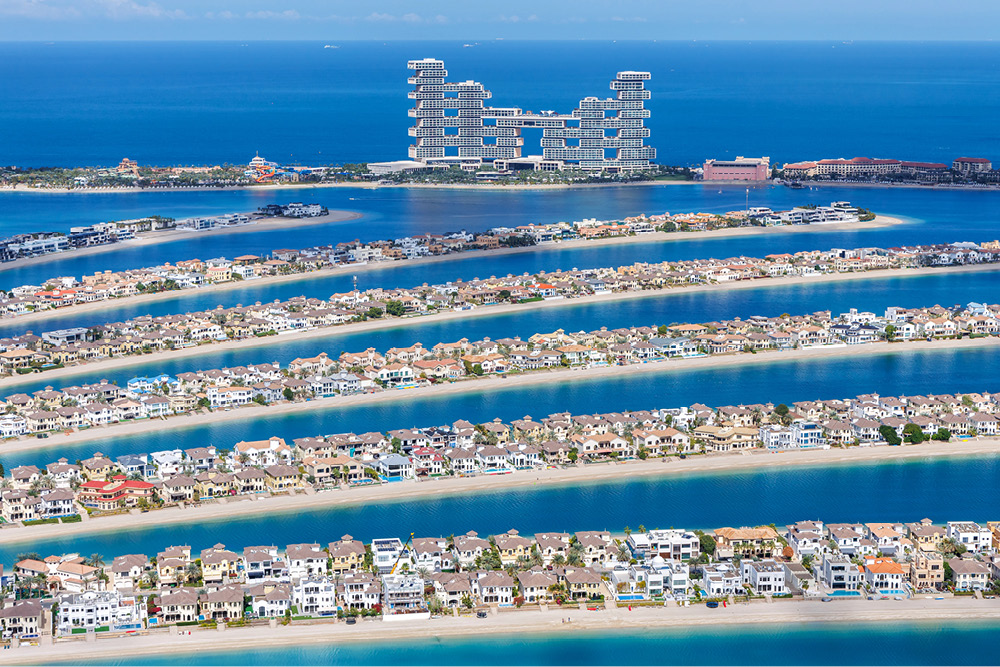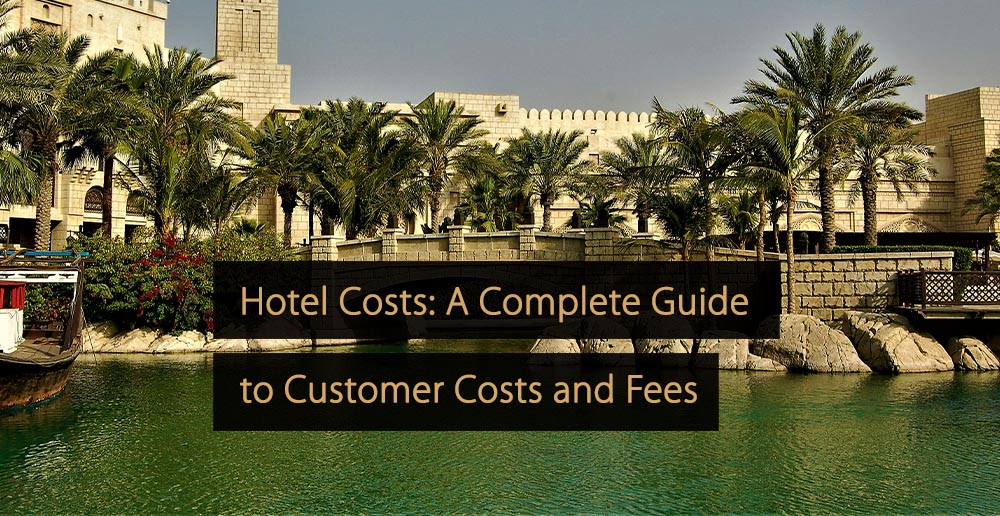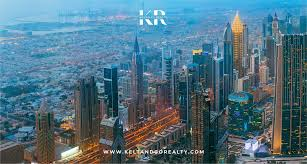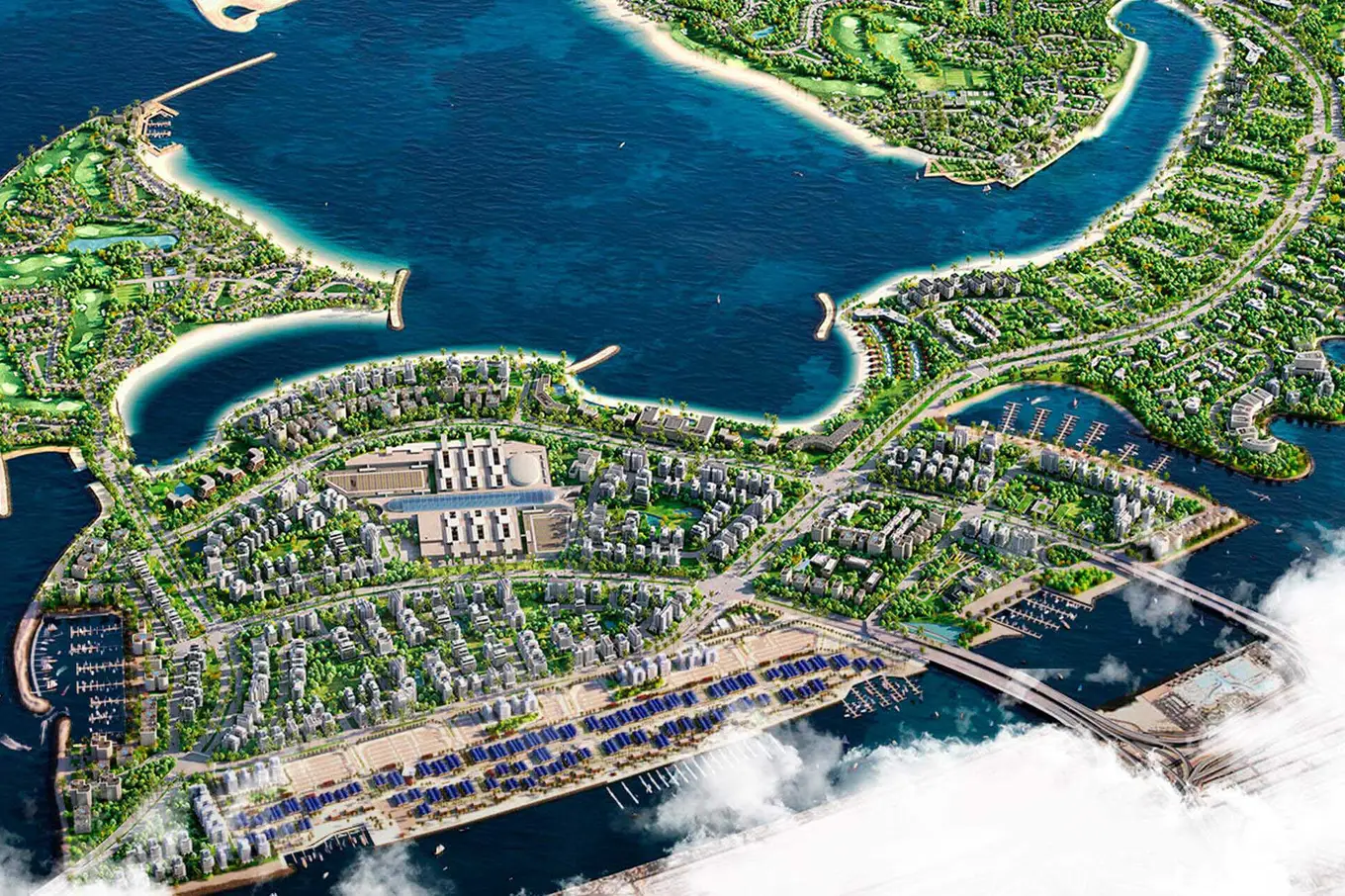Now Reading: Palm Jumeirah Tax Guide: Service Charges, Fees, and VAT Explained
-
01
Palm Jumeirah Tax Guide: Service Charges, Fees, and VAT Explained
Palm Jumeirah Tax Guide: Service Charges, Fees, and VAT Explained

Table of Contents
Picture yourself unwinding on the terrace of your Palm Jumeirah villa, the Arabian Gulf sparkling in the distance, knowing you’ve mastered the tax and fee landscape to secure a smart investment. In 2025, Palm Jumeirah, Dubai’s iconic man-made island, remains a global magnet for investors, offering 100% freehold ownership, a dirham pegged to the U.S. dollar for stability, and no personal income tax, capital gains tax, or annual property taxes for individuals.
With 58% of buyers from countries like the UK, India, and Russia, Dubai recorded 94,000 property transactions in the first half of 2025, with Palm Jumeirah leading for its prestige and 10-12% price appreciation. Delivering 4-6% rental yields, it outshines London (2-4%) or New York (3-4%). Properties over $545,000 qualify for a 10-year Golden Visa, while smaller units offer 2-year residency perks.
Residential purchases dodge 5% VAT, but service charges, transfer fees, and corporate taxes for some buyers require careful navigation. This guide breaks down the costs for projects like Palm Jumeirah Ocean Villas and Shoreline Residences, offering clarity on service charges, fees, and VAT to help you invest wisely.
Why Palm Jumeirah Is a Tax-Friendly Haven
Located 30 minutes from Dubai International Airport via Sheikh Zayed Road, Palm Jumeirah boasts 80 kilometers of coastline, luxury resorts, and a low 2-3% vacancy rate compared to 7-10% globally, driven by 25 million tourists and a 5% population surge. Investors keep 100% of rental income ($80,000-$240,000 annually on a $2 million-$4 million property), versus $44,000-$144,000 elsewhere after taxes.
Zero capital gains tax saves $100,000-$280,000 on a $500,000-$1 million profit, and no annual property taxes save $20,000-$80,000 yearly, unlike New York (1-2%) or London (council tax up to 2%). Residential purchases avoid 5% VAT ($100,000-$200,000), and individuals dodge the 9% corporate tax.
Free zone companies save $1,000-$30,000 annually, and small business relief waives corporate tax for revenues under $816,000 until December 31, 2026. Service charges and transfer fees, however, vary by project, making planning essential.
The tax-light lifestyle feels like a warm embrace for your wealth.
No Annual Property Taxes: A Major Advantage
Unlike global markets where annual property taxes cost $20,000-$80,000 on a $2 million-$4 million property, Palm Jumeirah imposes none, freeing up funds for reinvestment. Service charges, akin to maintenance fees, are the primary ongoing cost, ranging from $15,000-$25,000 annually for luxury villas like Ocean Villas due to premium amenities like private beaches and pools.
Shoreline Residences, with high-rise apartments, averages $5,000-$15,000. A 5% municipality fee on rentals ($4,000-$12,000) applies, higher than Dubai Islands ($2,400-$6,000) due to Palm Jumeirah’s exclusivity. These costs, lower than New York’s 1-2% or London’s council tax, make Palm Jumeirah a top choice, but investors must budget for higher service charges.
No property taxes feel like a weight lifted from your investment.
Zero Capital Gains Tax: Keep Your Profits
Palm Jumeirah’s zero capital gains tax lets investors keep 100% of sale profits. Selling a $2 million Shoreline Residences apartment for $2.5 million after 25% appreciation yields a $500,000 tax-free profit, saving $100,000-$140,000 compared to London (20-28%) or New York (20-37%). A $4 million Ocean Villas property sold for $5 million yields a $1 million tax-free gain, saving $200,000-$280,000. With 10-12% price growth, driven by limited supply and prestige, this benefit attracts 58% of buyers, though transfer fees on resale must be factored in.
Keeping every dirham feels like a financial victory lap.
No Personal Income Tax: Maximize Rental Income
Investors pay no personal income tax, unlike the U.S. (up to 37%) or UK (up to 45%). A $2 million Shoreline Residences apartment yielding $80,000-$120,000 annually keeps every dirham, versus $44,000-$72,000 elsewhere, saving $36,000-$48,000. A $4 million Ocean Villas property yielding $160,000-$240,000 saves $72,000-$96,000.
Long-term leases require Ejari registration ($54-$136 annually), while short-term rentals, boosted by 25 million tourists, need DTCM registration ($408-$816). Palm Jumeirah’s tourist appeal boosts short-term yields by 15-20% ($12,000-$48,000), making it ideal for high-traffic rentals. This tax-free income is a major draw, but registration costs must be planned.
Tax-free rentals feel like a monthly gift to your wallet.
VAT Exemption: Save Big on Purchases
Residential purchases on Palm Jumeirah are VAT-exempt, saving $100,000-$200,000 on a $2 million-$4 million property, unlike commercial properties or the UK’s stamp duty (up to 12%, or $240,000-$480,000). Off-plan purchases, like Ocean Villas, may incur 5% VAT on developer fees ($10,000-$40,000 due to established infrastructure), recoverable via Federal Tax Authority (FTA) registration ($500-$1,000). Short-term rental operators must register for VAT if revenue exceeds $102,041, charging 5% but claiming credits on expenses like DTCM fees ($408-$816).
A $2 million apartment yielding $80,000-$120,000 incurs $4,000-$6,000 in VAT but allows $1,000-$3,000 in credits. A $4 million villa yielding $160,000-$240,000 incurs $8,000-$12,000 but allows $2,000-$5,000 in credits. Non-compliance risks fines up to $13,612, so diligent records are essential.
The VAT exemption feels like a welcoming handshake for buyers.
Transfer Fees: Navigating Upfront Costs
Transfer fees are a key cost. The 4% Dubai Land Department (DLD) fee, split between buyer and seller unless negotiated, costs $80,000 for a $2 million Shoreline Residences apartment or $160,000 for a $4 million Ocean Villas property. Broker fees, typically 2% ($40,000-$80,000), cover agent services, though waivers are possible for off-plan projects like Ocean Villas.
Title deed issuance ($136-$272) and developer fees for off-plan properties (up to $2,722) add up. Gift transfers to family or shareholders reduce DLD to 0.125% ($2,500-$5,000), saving $77,500-$155,000. Mortgage registration (0.25% of the loan, or $5,000 for a $2 million loan) and valuation fees ($680-$1,360) apply for financed deals. Palm Jumeirah’s 60/40 payment plans are less flexible than Dubai Islands’ 35/65 plans, impacting cash flow planning.
Transfer fees feel like a manageable step toward luxury ownership.
Service Charges: Understanding Ongoing Costs
Service charges on Palm Jumeirah, covering maintenance, security, and amenities, are higher than other zones due to its prestige. Ocean Villas’ luxury villas incur $15,000-$25,000 annually, reflecting private beaches, pools, and landscaping. Shoreline Residences, with high-rise apartments, averages $5,000-$15,000, covering shared facilities like gyms and parking. These fees, paid to community management, ensure pristine upkeep but are 20-30% higher than Dubai Marina ($5,000-$10,000) or Dubai Islands ($5,000-$14,000). A 5% municipality fee on rentals ($4,000-$12,000) adds to costs, especially for short-term rentals in tourist-heavy Palm Jumeirah. Budgeting for these is crucial to avoid surprises.
Service charges feel like the price of living in paradise.
Corporate Tax: A Consideration for Business Buyers
The 9% corporate tax applies to businesses unless exempt, impacting investors buying through companies. A company leasing a $4 million Ocean Villas property yielding $160,000-$240,000 faces a 9% tax ($14,400-$21,600), reducing net income to $145,600-$218,400. Qualified Free Zone Person (QFZP) status in areas like Dubai Multi Commodities Centre (DMCC) avoids this, saving $20,400-$61,200, with setup costs of $2,000-$5,000. Small business relief waives corporate tax for revenues under $816,000 until December 31, 2026. Individual ownership avoids this tax, making it ideal for most Palm Jumeirah investors.
Corporate taxes feel like a navigable hurdle for savvy buyers.
New Tax Rule 1: Domestic Minimum Top-up Tax (DMTT)

Effective January 1, 2025, the DMTT imposes a 15% tax on multinational enterprises (MNEs) with global revenues over €750 million ($793 million). A corporate entity leasing 10 properties with $1 million in income faces a 15% tax ($150,000), reducing net income to $850,000. Individual investors and smaller entities with revenues below $816,000 are unaffected, and QFZP status avoids DMTT, saving $12,240-$61,200 on $122,400-$612,000 in income. This rule targets large corporations, preserving Palm Jumeirah’s tax-light appeal for most buyers.
The DMTT feels like a corporate tweak, sparing individual wealth.
New Tax Rule 2: Qualifying Investment Fund (QIF) Updates
Cabinet Decision No. 34 of 2025, effective Q2 2025, refines QIF and Real Estate Investment Trust (REIT) rules. QIFs remain exempt from corporate tax if real estate income is below 10% of total income and ownership is diversified. If a QIF earns $1 million, with $200,000 from real estate, 80% ($160,000) faces 9% tax ($14,400). Restructuring costs $1,500-$4,000. Individual investors avoid these rules, enjoying tax-free gains, while corporate investors must ensure compliance.
QIF updates feel like a strategic puzzle for business portfolios.
Palm Jumeirah Ocean Villas: Luxury Tax Efficiency
Ocean Villas by Nakheel, set for completion in Q2 2025, offer 4-6 bedroom villas ($3 million-$6 million) with 4-6% rental yields and 10-12% price growth. A $4 million villa yields $160,000-$240,000 tax-free, saving $72,000-$96,000.
Selling for $5 million yields a $1 million tax-free profit, saving $200,000-$280,000. No property taxes save $40,000-$80,000 yearly, and VAT exemption saves $200,000. Transfer costs include a 4% DLD fee ($160,000), 2% broker fee ($80,000), and title deed issuance ($136-$272). Gift transfers save $155,000. Service charges are $15,000-$25,000, with a 5% municipality fee ($8,000-$12,000). QFZP saves $40,800-$61,200. U.S. investors deduct depreciation ($72,727-$109,091), saving up to $36,364. Golden Visa eligibility applies.
The beachfront elegance feels like a tax-free masterpiece.
Shoreline Residences: Affordable Tax Savings
Shoreline Residences by Nakheel offer 1-3 bedroom apartments ($1.2 million-$2 million) with 4-6% rental yields and 8-10% price growth. A $2 million apartment yields $80,000-$120,000 tax-free, saving $36,000-$48,000. Selling for $2.5 million yields a $500,000 tax-free profit, saving $100,000-$140,000. No property taxes save $20,000-$40,000 yearly, and VAT exemption saves $100,000. Transfer costs include a 4% DLD fee ($80,000), 2% broker fee ($40,000), and title deed issuance ($136-$272). Gift transfers save $77,500. Service charges are $5,000-$15,000, with a 5% municipality fee ($4,000-$6,000). QFZP saves $20,400-$30,600. U.S. investors deduct depreciation ($36,364-$72,727), saving up to $24,545. Golden Visa eligibility applies.
The waterfront charm feels like a budget-friendly tax haven.
Tax Planning Strategies for Palm Jumeirah
For individuals: First, hold properties personally to avoid corporate taxes. Second, negotiate DLD fee splits, saving $40,000-$80,000 on a $2 million-$4 million property. Third, use gift transfers to reduce DLD to 0.125%, saving $77,500-$155,000. Fourth, recover 5% VAT on developer fees via FTA registration ($500-$1,000). Fifth, leverage double taxation treaties with 130+ countries to avoid foreign taxes. Sixth, U.S. investors deduct depreciation ($36,364-$109,091) and management fees ($2,400-$14,545), saving up to $36,364. For corporates: First, obtain QFZP status to avoid 9% tax and DMTT. Second, keep QIF income below 10%. Third, use small business relief until 2026. Hire a property manager ($5,000-$25,000 annually) and tax professionals ($1,000-$3,000) to avoid fines up to $136,125. Prioritize short-term rentals for higher yields.
These strategies feel like a roadmap to tax-smart wealth.
Ongoing Costs Beyond Taxes
Service charges ($5,000-$25,000) and a 5% municipality fee on rentals ($4,000-$12,000) are the main ongoing costs. No annual property taxes save $20,000-$80,000 yearly. Short-term rentals boost yields by 15-20%, adding $12,000-$48,000, but require DTCM registration ($408-$816). Mortgage interest deductions for U.S. investors save up to $36,364. These costs, lower than London’s council tax ($40,000-$80,000), are higher than other Dubai zones, reflecting Palm Jumeirah’s exclusivity.
Ongoing costs feel like the price of living in paradise.
Navigating Risks in 2025
A projected oversupply of 41,000 units may slow price growth, but Palm Jumeirah’s prestige mitigates this. Choose trusted developers like Nakheel, verify escrow compliance under the 2025 Oqood system, and target low-vacancy projects (2-3%). Ensure QFZP and VAT compliance to avoid fines. Short-term rentals leverage 25 million tourists, while long-term leases ensure stability. Proximity to Dubai Marina drives value.
Why Palm Jumeirah Is a Tax-Smart Choice
Ocean Villas and Shoreline Residences offer no personal income tax, capital gains tax, or property taxes, saving $20,000-$280,000 annually. With 4-6% yields, 8-12% price growth, and Golden Visa perks, Palm Jumeirah is a luxurious, tax-efficient haven in 2025, provided investors plan for service charges, transfer fees, and VAT compliance.
read more: Best Dubai Zones With No Annual Property Tax for Investors






















